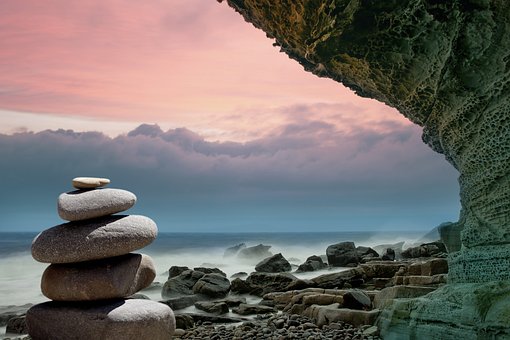“Remember that there are always truths in stories, in order to discover them you have to read them with the eyes of your heart and believe.” With this dialogue between the father Tobias Tideman (Gard B. Eidsvold) and his daughter Nora Tideman (Inie Marie Wilman) begins the movie Troll, a Norwegian feature film that has been placed among the most watched on Netflix in the month of December. The director, Roar Uthaug, known for films like the Tomb Raider saga, submerges us once again in a mythological world of fantastic and “evil” beings such as trolls that live in the forests or underground and that they embody, according to literary authors such as Neil Gaiman and Carlos J. Eguren, the negative forces of nature.
The plot of the film addresses the environmental issue from the beginning, since a transnational company tries to build a tunnel inside a mountain to make a subway, and this action, which is carried out without measuring the destruction of the environment, is repelled by a group of residents who protest the ecological mistreatment that the mountain would suffer. This unjustified blow to Mother Earth awakens a troll who had been resting for centuries in the form of mountain stones and wishes to take revenge on the men who have pierced his body. To face this imminent danger, the president of the country brings together a commission made up of the best geologists and archaeologists.
The first proposed solution is to attack the Troll, typical of societies where weapons are a tangible response to eliminate any phenomenon that we do not know how to solve through dialogue. Luckily, other scientists appear trying to find new answers to solve the problem without having to drop a bomb that destroys part of the city due to its polluting effect. One of the moments where the spiritual component of human beings in the film is best denoted is when the soldiers are attacked by the troll and one says an Our Father before dying, this scene can have several readings, but it also talks about how manifests the search for God in the final stages of life.
What if the legends deep down came true? It is a question that the viewer asks himself at every moment of a film that stands out for its visual effects and landscapes. The president’s phrase “may God take care of us and protect us all” denotes a political position that does not exclude religion from the necessary equation to speak to people who want to feel hope in the midst of darkness. The script introduces the historical event of the Christianization of Norway as part of the phenomenon that made the trolls disappear, also -why not- as the classic game between good and evil that moreover has an ending that will not go unnoticed by those who get to see it
“In a crazy world like the one we live in, the craziest are the sane”, a dialogue from the film that shows where the new horizons in globalization are being born, since “rational” ideas are advocating an individualism of every man for himself and Only through shared effort can we avoid the collective suicide that attacking the nature of the planet represents. Family is fundamental for trolls, whose behavior in this film has a lot to teach us. Fantasy, which is the most necessary uselessness in the world, takes wings in Troll, a film that can help us discover the spirituality of myths.

